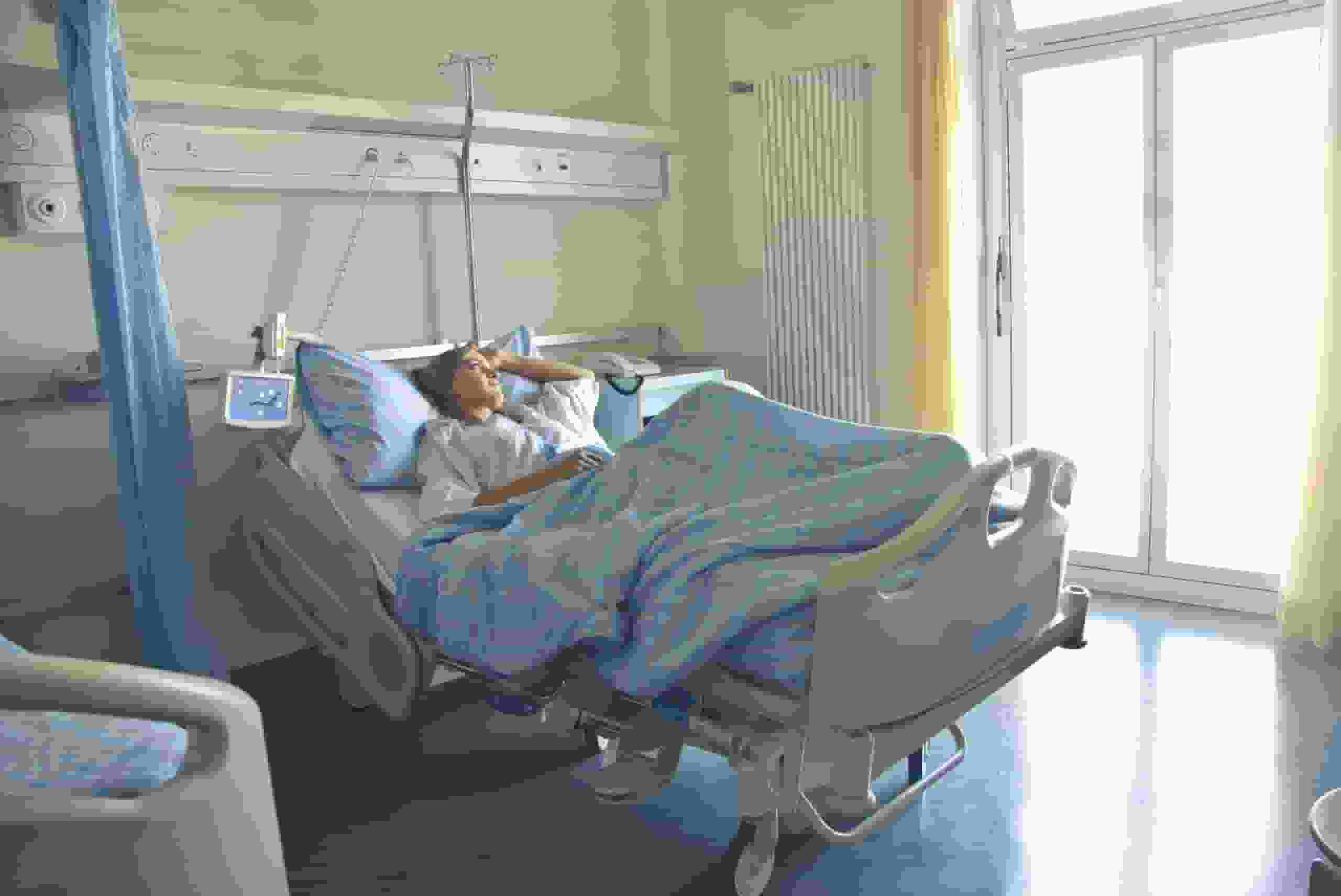
The University of East Anglia is one step closer to developing a new generation of light-activated cancer treatments.
The futuristic-sounding procedure would work by activating biotherapeutic medications by turning on LED lights embedded near a tumor.
Futuristic Treatments
These new treatments would be more targeted and successful than today’s cutting-edge cancer immunotherapies. The chemistry behind this novel approach is revealed in a new study published today in Nature Chemical Biology.
It demonstrates how the UEA researchers created antibody fragments that not only “fuse” with their target but are also light-activated. Antibody fragments have the ability to make a covalent connection with their target.
“Current cancer treatments like chemotherapy kill cancer cells, but they can also damage healthy cells in your body such as blood and skin cells,” said Dr. Amit Sachdeva, senior scientist for the study at the University of East Anglia’s School of Chemistry.
Antibodies and antibody fragments are already being produced for cancer treatment. The UEA scientists created “one of the first antibody fragments that bind to and form a covalent bond with its target – upon irradiation with UV light of a specific wavelength,” according to the release.
This translates to medication molecules that could become permanently attached to a tumor.
Read more: Enzyme can convert poison into food, scientist discovers
New Generation Of Light-Activated Cancer Treatments

The researchers anticipate that their findings will lead to the creation of a new class of highly tailored light-responsive biotherapeutics. This would imply stimulating antibodies to attack tumor cells by beaming light – either directly onto the skin, as in the case of skin cancer, or by miniature LED lights implanted at the site of a tumor inside the body.
This would make cancer treatment more efficient and focused because it would activate only molecules in the proximity of the tumor and would not damage other cells.
This could lessen negative effects for patients while simultaneously increasing antibody residency time in the body. It would be effective for cancers such as skin cancer or when there is a solid tumor, but not for blood cancers such as leukemia.
If the researchers’ following steps are successful, they want to see the next generation of light-activated immunotherapies utilized to treat cancer patients within the next 5 to 10 years.
Read more: Twitter will no longer admit non-Blue subscribers; How to secure your account?

